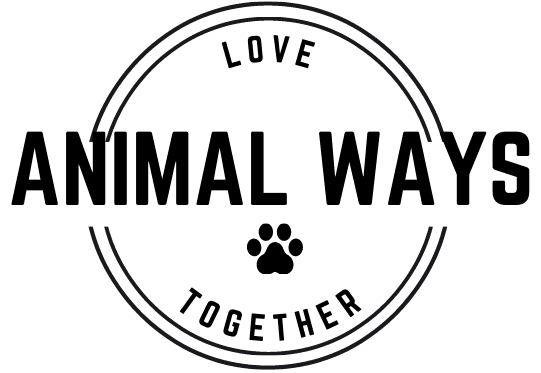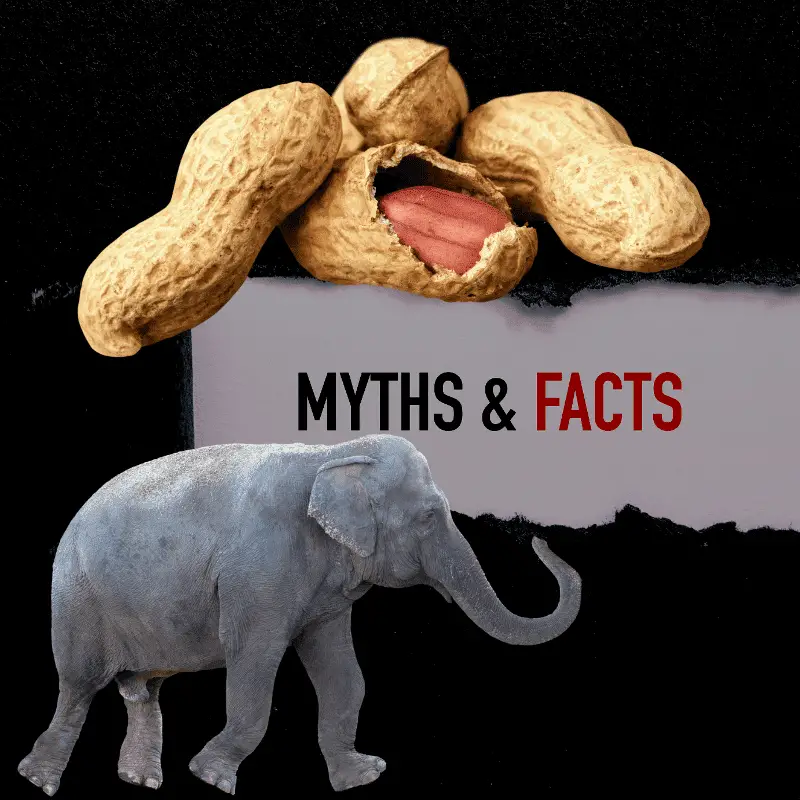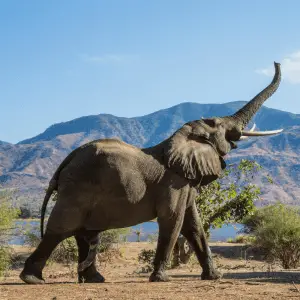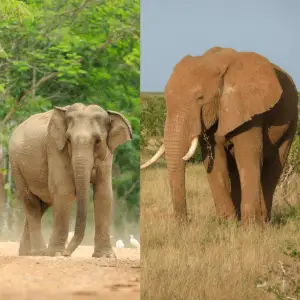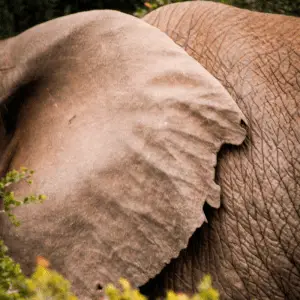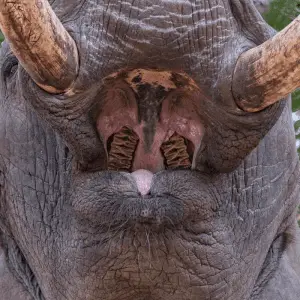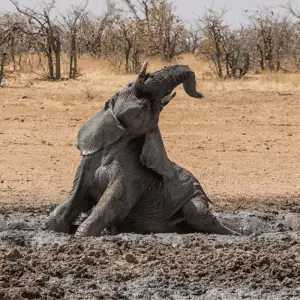Elephants are large animals that live in Africa and Asia. They can weigh up to two tons and eat up to 300 pounds of food a day! They are herbivores, meaning they eat mostly plants. But are peanuts one of their primary food sources? Let’s find out if elephants eat peanuts.
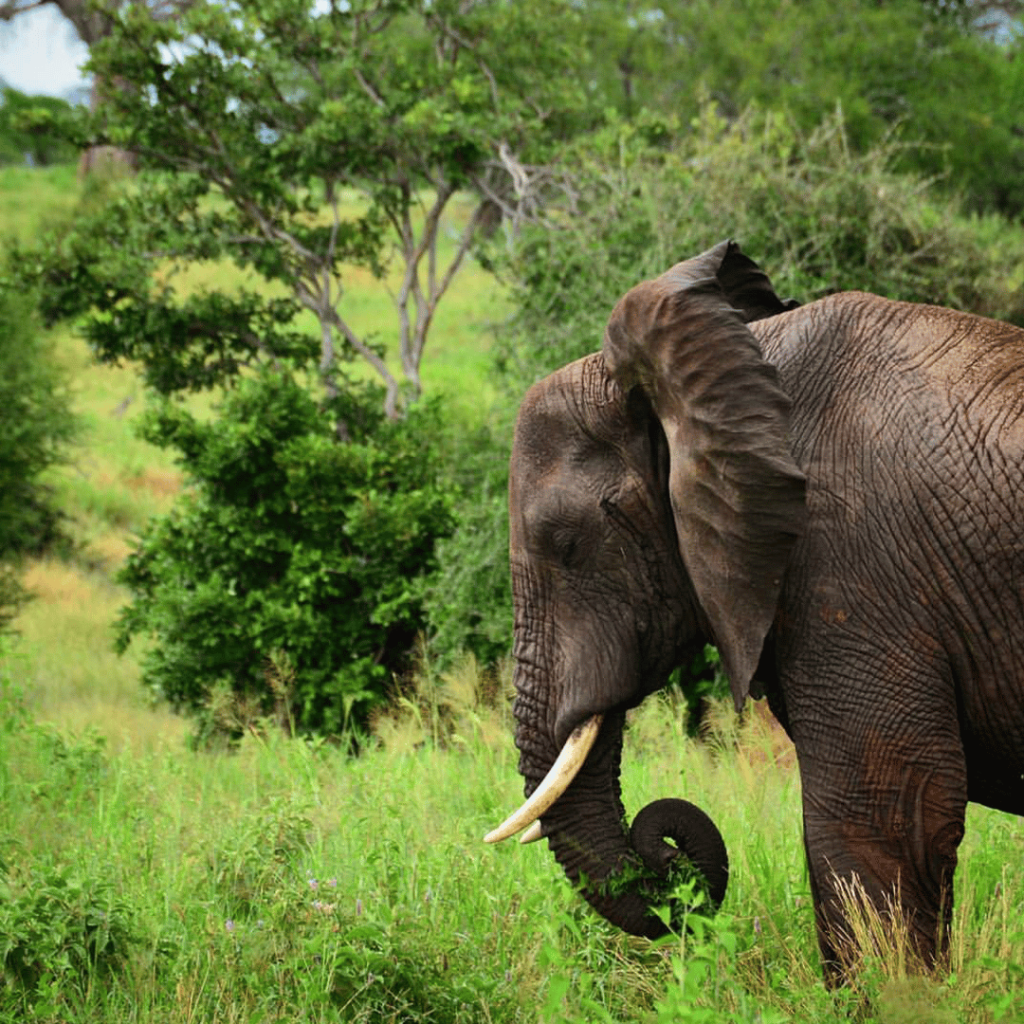
Elephants eat what is available in their habitat, and peanuts are generally unavailable in the wild. Elephants can eat peanuts. Peanuts are a good protein, fibre, healthy fats, vitamins, and minerals source. However, Peanuts are not their preferred choice of food. Elephants prefer various foods, including grasses, leaves, fruits, bark, and roots. They also enjoy eating corn, sugar cane, and bananas.
In the UK, peanuts are also called monkey nuts because visitors usually feed them to zoo monkeys. They are also called Pindar nuts, goober, Jack nuts, and groundnuts in America.
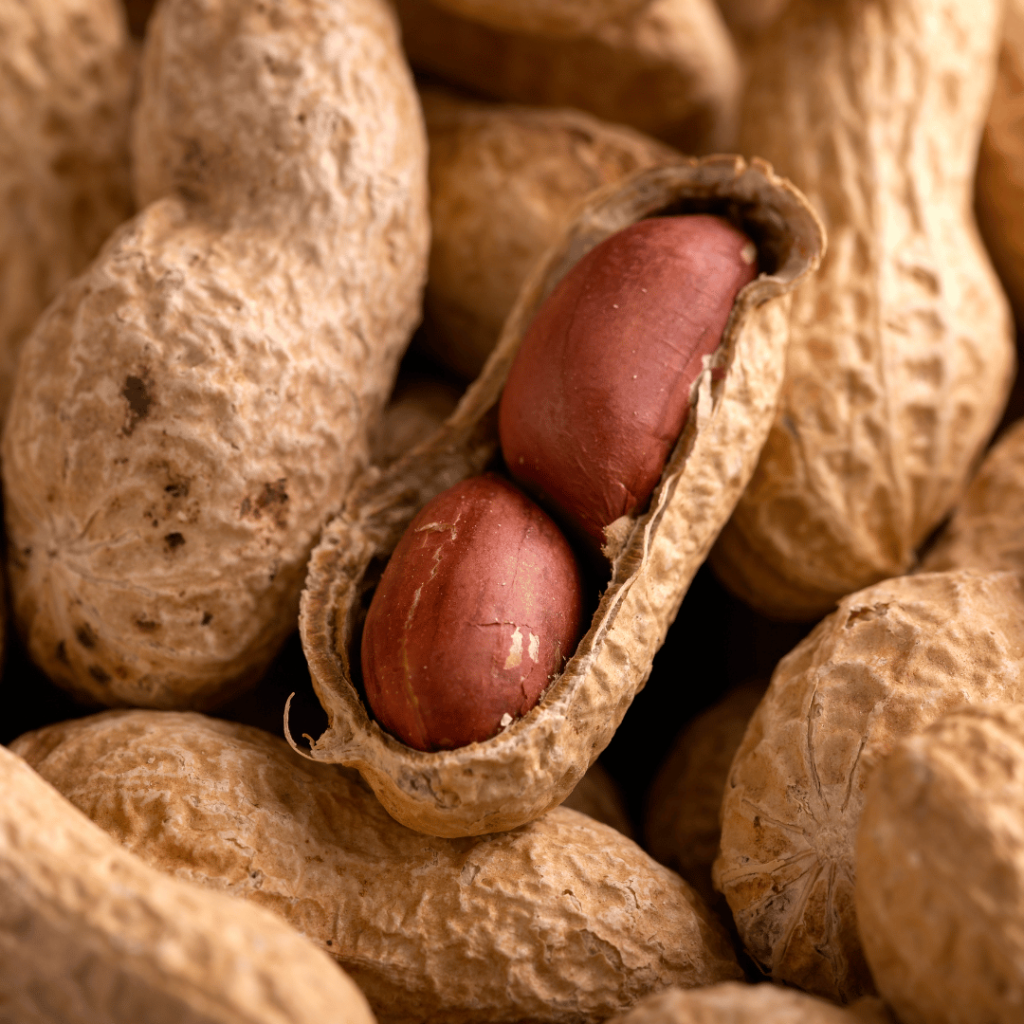
Do Elephants Eat Peanuts To Please
Elephants loving peanuts is a myth. Peanuts are not a part of their required diet. Whether living in the wild or captivity, elephants often don’t munch on peanuts. Instead, they love to feed on tree leaves, bark, twigs, roots, bushes, shrubs, and grasses over peanuts.
Elephants eat peanuts only when their caregivers feed them. Although it’s believed that elephants might not like the taste of peanuts at all, they love the idea of eating them or having them for two reasons. Firstly, it would help them get the desired human attention within the zoo enclosure. Secondly, eating peanuts would enable them to get involved in some activities.
Recommended Read: How Many Teeth Do Elephants Have?
How The Myth Started
The myth regarding elephants loving peanuts has been around us for many years. It started back in those days when elephants became a significant attraction. During the 19th century, many circuses and zoos allowed their visitors to feed the animals. Hence, they started selling peanut bags. The belief started that elephants are peanut-loving animals and are crazy for these nuts. However, peanuts are no longer sold at zoos or circuses.
TV and Films
Elephants have been wrongly portrayed in TV and films as peanut enthusiasts, leading to a widely spread misconception about their diet.
Do elephants eat peanuts because they like the taste?
Contrary to popular belief, elephants don’t love peanuts. But this doesn’t make them peanut lovers. In reality, they would choose a different plant-based food over peanuts. Like an apple or grass! When you feed an elephant peanuts, it won’t refuse.
Are peanuts good for elephants?
No peanuts are not very good for the health of an elephant. Peanuts are high in protein and very low in fibre. An elephant’s diet should be rich in fibre and low in protein. Therefore, peanuts don’t even form a part of their natural nutritional diet.
Elephants can eat peanut shells and take pleasure in crunching down on them. However, elephants do not eat peanuts in the wild or in captivity.
Should elephants eat peanut shells?
Yes, elephants can safely eat some of the peanut shells. The peanut shells are healthier than the nuts for an elephant. Why? The peanut shells are made of cellulose that the elephants can easily digest. The digestive system can digest the cellulose content present in the peanut shells much easier than the nut itself.
Cellulose
Elephants being herbivorous animals, consume different types of plants. Most plant fibres contain cellulose, which can be easily broken down and digested. Peanut shells it is entirely fibrous. This means the covers are pretty healthy for elephants.
Ideal Diet
Elephants, the largest terrestrial mammals on Earth, are herbivores. Like all other herbivorous animals, their diet mainly comprises different types of plants and vegetation. So for the elephants living in the wild, their diet includes tree leaves, tree bark, bushes, grasses, fruits, and even flowers. Asian elephants love to eat bamboo.
However, the diet of these giant mammals changes when they are in captivity. They are fed hay, pellets, and fruits and vegetables in captivity.
Are you interested to learn more about the diet of an elephant? If so, I have written a detailed article on an elephant’s diet that interests you.
Health Benefits of Peanuts
Peanuts are a good protein, fibre, healthy fats, vitamins, and minerals source. They are also rich in antioxidants and contain a variety of phytochemicals.
Peanuts contain vitamins and minerals like:
- Vitamin B1, B2, B3, B5, B6, B9
- Vitamin E,
- Sodium
- Iron
- Magnesium
- Calcium
- Potassium
- Manganese
- Copper
- Zinc
So it won’t be wrong to say that peanuts have a lot of nutritional value. However, it’s hard to say how good these dietary values would be for an elephant.
Peanuts are rich in Vitamin E, and this vitamin contains antioxidant properties in them. The antioxidant property is crucial for maintaining the optimal health of most living beings.
Similarly, minerals play a significant part in an elephant’s diet regimen. Lack of minerals from their eating regime can prompt various medical problems, like poor proliferation, poor lactation, zinc anomaly, iron deficiency, anaemia, poor appetite, and pale mucous membrane. Also, calcium is essential for the growth and development of healthy tusks. Elephants need around 6-9 grams of calcium daily, and peanuts are rich in calcium.
Peanuts come packed with essential nutrients that are essential for elephants’ health. However, we know that it shouldn’t be a regular part of their diet. After all, peanuts have high protein content, and an elephant’s diet should have high fibre and less protein.
Peanuts should be given to an elephant as a treat rather than part of a well-balanced diet.
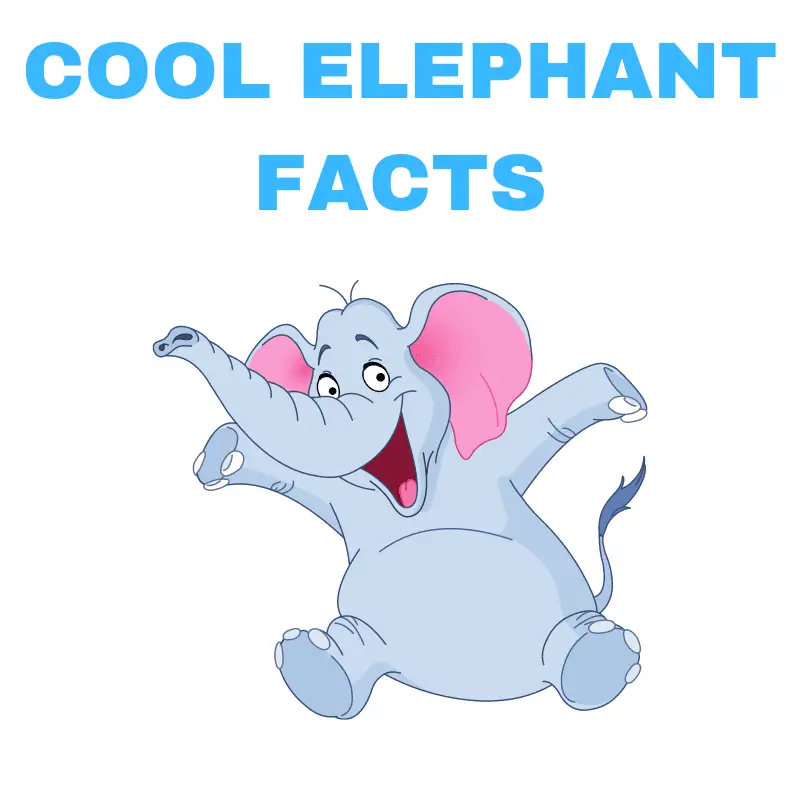
Can baby elephants eat peanuts?
No, baby elephants should not eat peanuts. Although adult elephants can have a few peanuts, it’s better if baby elephants are fed fruits and vegetables instead.
What is an elephant’s favourite food?
Contrary to popular belief, it’s not peanuts! Elephants love to eat things that grow above the ground. Depending on the species and habitat, they eat different kinds of plants, shrubs, and vegetation. Asian elephants love grasses, while African elephants love tree leaves, twigs, tree bark, fruits, and tree roots.
Amount Of Food And Time Spent Consuming It
On average, an elephant can consume more than 600 pounds of food and drink more than 50 gallons of water daily. An elephant spends almost 15-18 hours a day eating this food.
Recommended Read: How Does An Elephant Drink Water?
What foods do elephants hate?
Since elephants are herbivores, we can presume they hate meat.
Final Words – Do Elephants Eat Peanuts?
In the wild, peanuts are not readily available to elephants as they are not a natural part of their diet. In captivity, the dietary preferences for elephants have shifted, and they are now typically provided with more nutritious foods that closely resemble their natural diet. This includes grasses, hay, fruits, vegetables, and specially formulated pellets that meet their dietary requirements. Peanuts are not commonly given to elephants in captivity due to their high fat content and potential health risks associated with excessive consumption.
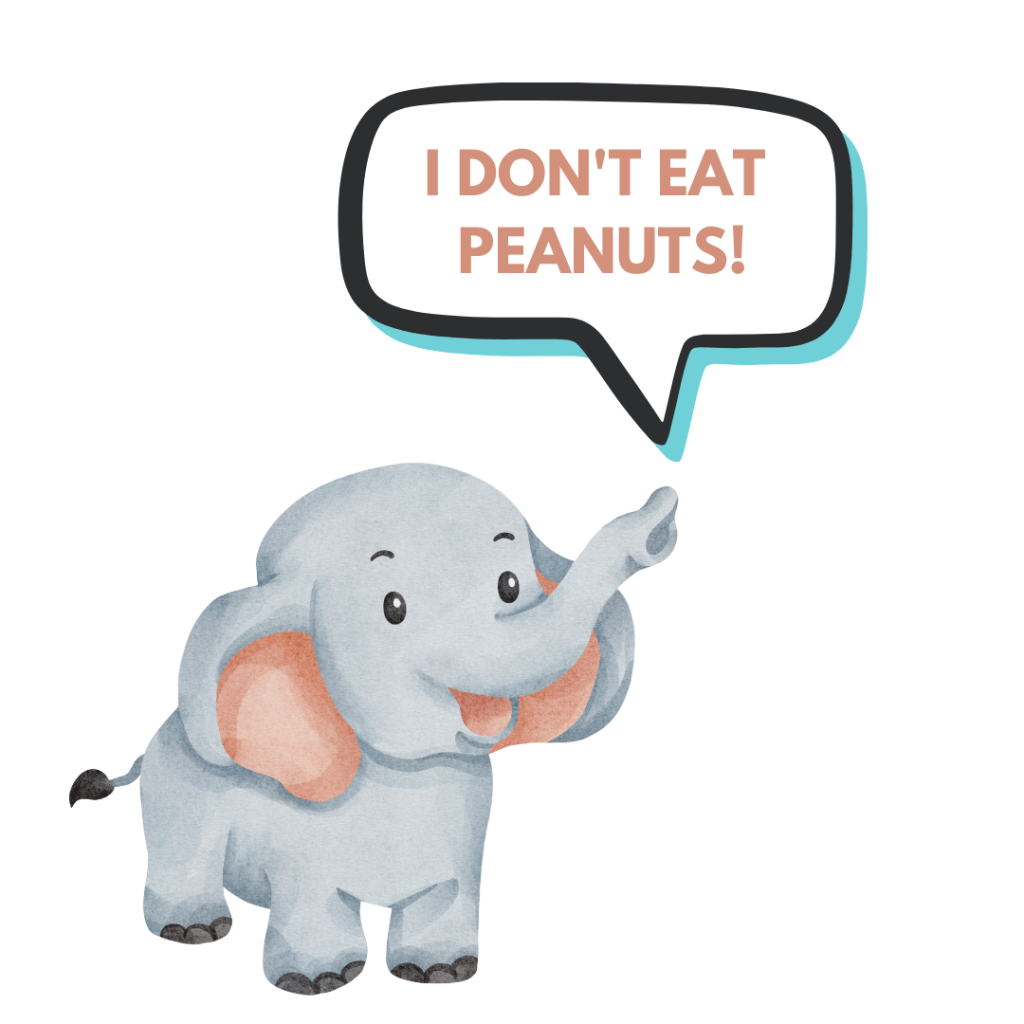
Knowledge Challenge: Test What You’ve Learned in the Ultimate Quiz
Are you ready to showcase your knowledge in the ultimate quiz? After all the information you’ve learned, it’s time to put it to the test! Do you have what it takes to tackle this challenge and show off your expertise?
